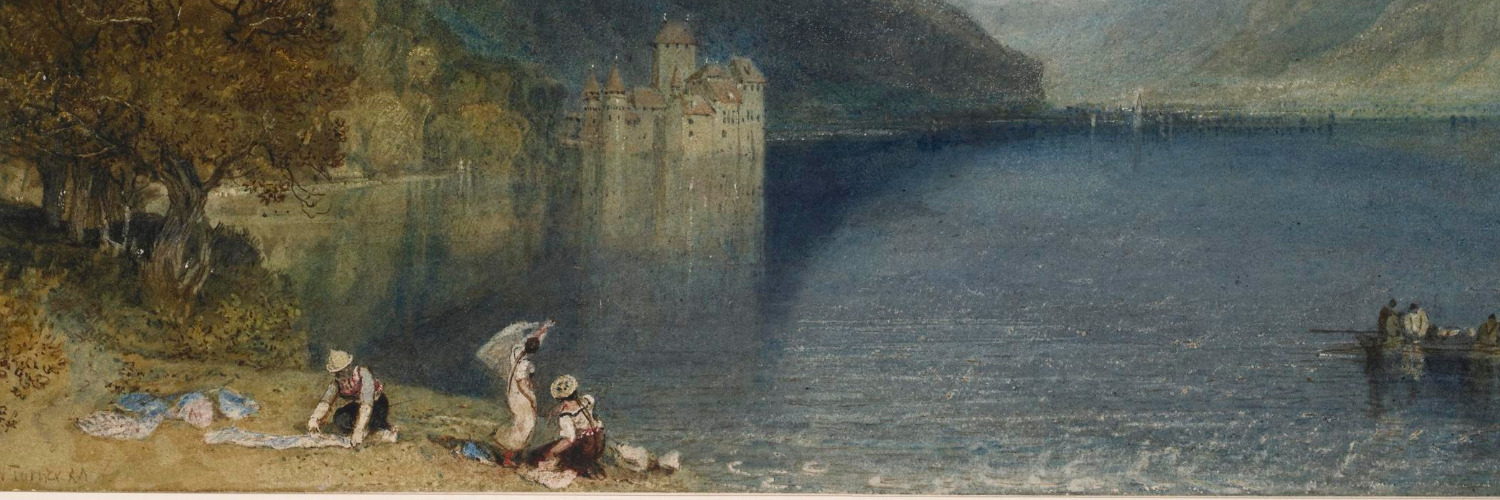AM: When I was an undergraduate I was taking courses in lots of different things, and I was interested in lots of different things and I didn’t see any reason to try to focus on just one, as long as I could sustain doing serious work in different fields. I said that I was a philosophy major—they really wanted me to go to graduate school in philosophy, the philosophers did at Brown—and it was a very strong philosophy department. But I realized talking to them that everything was at this level of abstraction and that they had eliminated all of the concrete, messy details that I really was interested in. If I’d not done a Ph.D. in literature it would have been in Art History. I just found so much pleasure in looking at works of art and still do. In fact, the last piece that I was working on—this one I haven’t published yet because it is getting harder and harder to publish anything with visual images because of copyright—but it is on Turner as a Romantic Ironist and re-reading all of his images of Venice.
RE: I saw you give a talk on that at NASSR a couple of years ago.
AM: Yes, I still have it back there [gesturing to her office] waiting to be finely shaped into something I could publish. But, as I say, as I get really old, I really lose interest in footnotes and permissions, and all that gritty stuff. I just want to go and look at the paintings and read the poems.
RE: And write something more impressionistic?
AM: Pleasurable. Just pleasurable—as opposed to having to document every assertion—but that is the indulgence of old age. So if I write anything—and I don’t know that I’ll actually publish anything more.
You asked me what I’m working on now. I’m doing [a course] for the first time this spring [and] I’m a little anxious about it actually. It is a lecture course just on Jane Austen. And we’re going to read all her six novels as well as juvenilia. And I’m going to read her—this is me, this is my Jane Austen—through Wollstonecraft. Implicitly arguing that—well, explicitly arguing but the documentation just isn’t there—that Jane Austen read Wollstonecraft, absorbed her deeply, and thought through all of Wollstonecraft’s major issues in her novels. And I’m coming to this conclusion—partially because I’ve worked so much on Wollstonecraft—[because] I just keep hearing quotations [in Austen’s novels], never with quotation marks but the words are word for word from Vindication of the Rights of Woman and scholars have just ignored all this because there’s no evidence in her letters or anywhere else. Although Cassandra burned 80% of her letters we think. Maybe they were the ones that were Jane Austen being militantly feminist, who knows.

